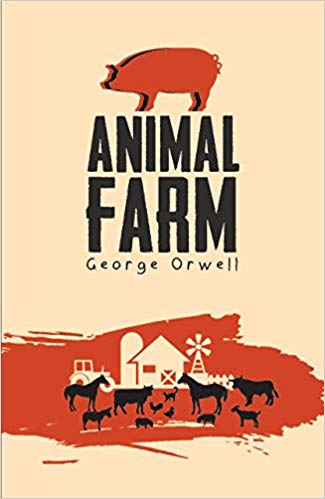The Book ‘Unstoppable-Kuldip Singh Dhingra and the rise of Berger Paints’ is written by Sonu Bhasin who is a family business historian.
As the title suggests, the Book is about Kuldip Singh Dhingra who rose from being a shop keeper in Amritsar to one of the richest men of India.
The author has done a marvellous job of chronicling the story of Mr.Dhingra in a very honest and readable fashion….it avoids the hagiography that usually bedevil Indian biographies.
The Dhingras started off as shop keepers in Amritsar as dealers of paint cos like Jenson& Nerolac etc. Gradually, they moved into manufacturing and set up a small factory in Amritsar selling mass products
One thing led to the other and they started exporting paints to the Soviet Union. Eventually, they would export all sorts of chemicals to the Soviet Union to become the largest exporter from India to the Soviet Union. I was astonished to know that at that time, they were making more profits than Asian Paints !
With the profits from the Soviet Business, they bought Berger Paints from Vijay Mallya in 1990. They infused funds in the business , turned it around and the rest is history.
The Book contains lots of anecdotes which make it a superb read. One anecdote I liked was this one:
“Adi Godrej wanted to export to Russia and wanted the orders for household chemicals like scouring powder, soaps, shaving cream and tooth paste.
Kuldip told Godrej that he would come the next day to meet him at the Godrej office in Asaf Ali Road.
Adi Godrej said that Kuldip was the client and Godrej was the supplier and therefore, following protocol, it was Godrej who would come to Kuldips’ office’
One of the bane of family businesses is they are often unable to scale due to divisions of assets/splits etc amongst family members. The Dhingra family too had multiple divisions amongs uncles, working partners and brothers. There is a lot to learn from the Book on how the divisions were done in an amicable and business like fashion.
I would strongly recommend this Book to all those interested in Indian Family run businesses.




